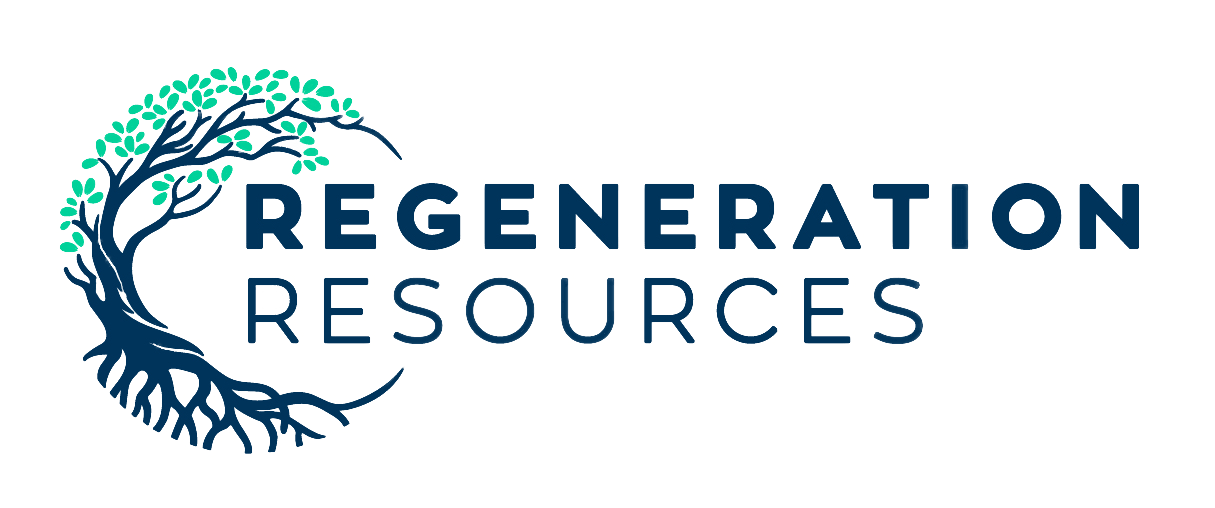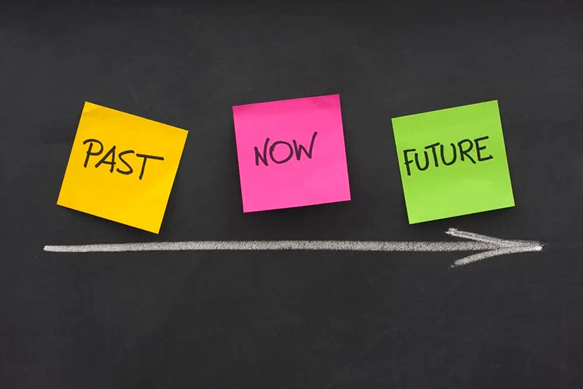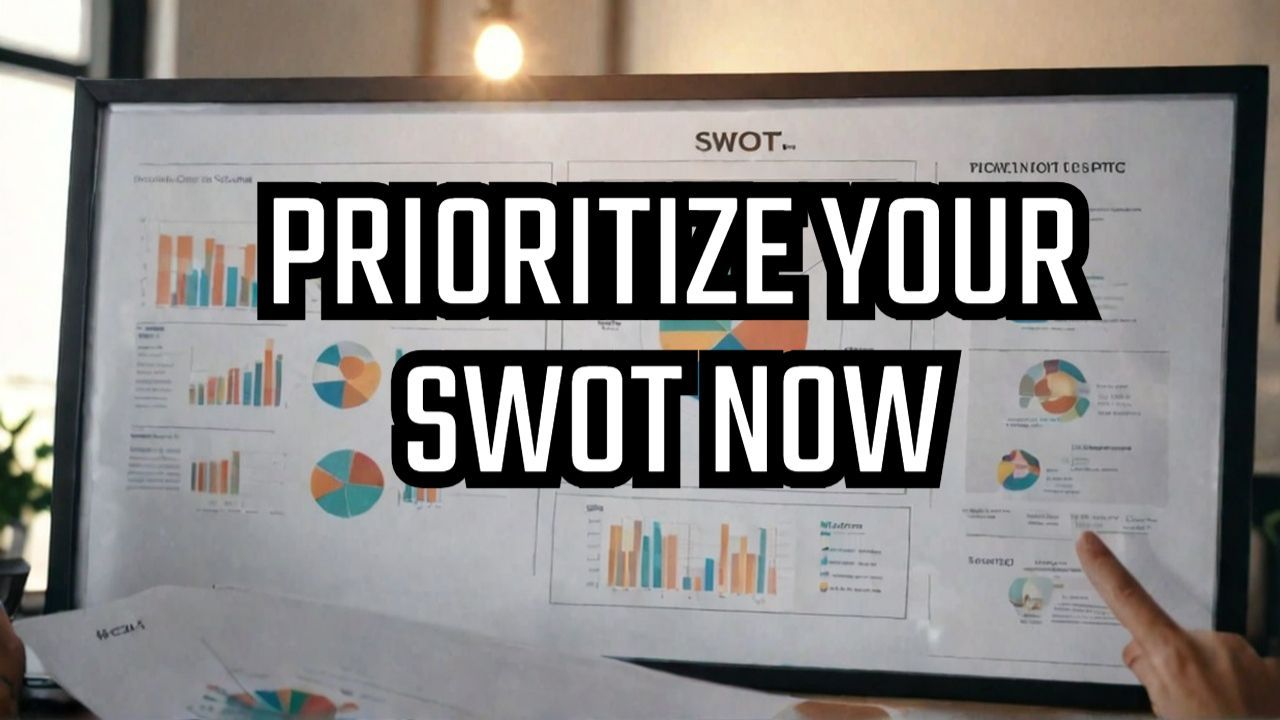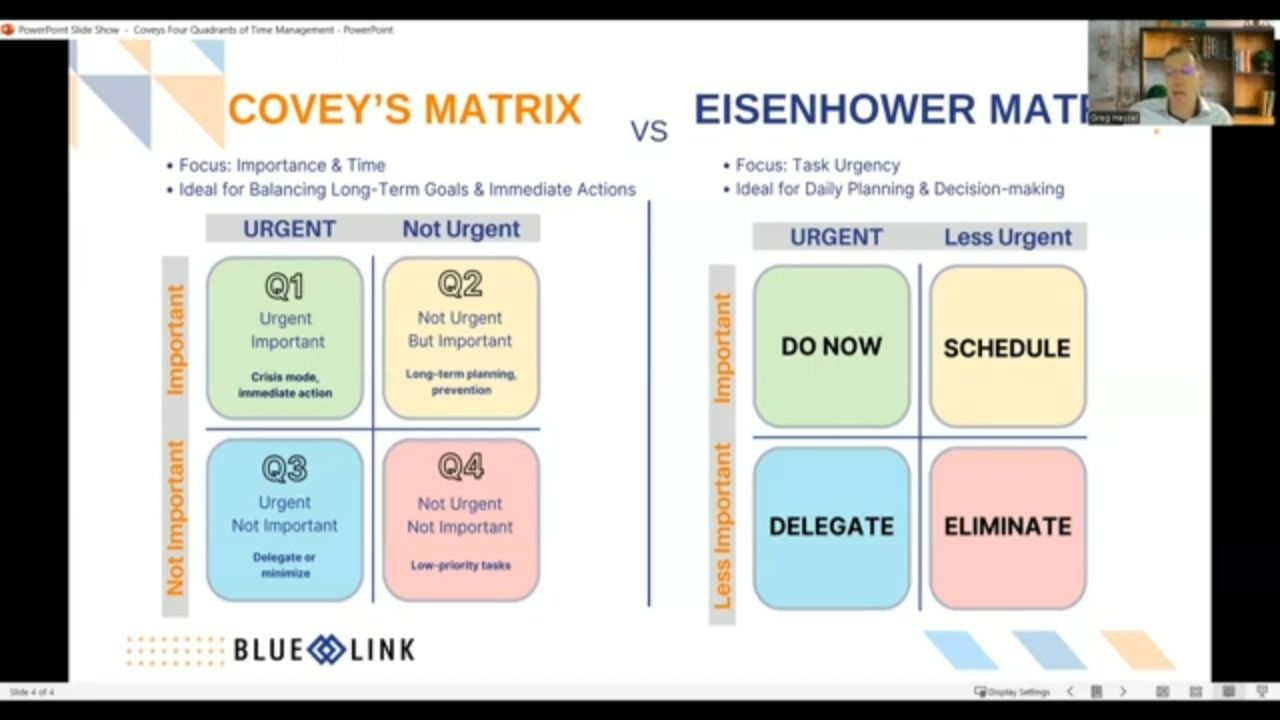Separating Intentions from Impact
A Key Tool to Get Unstuck
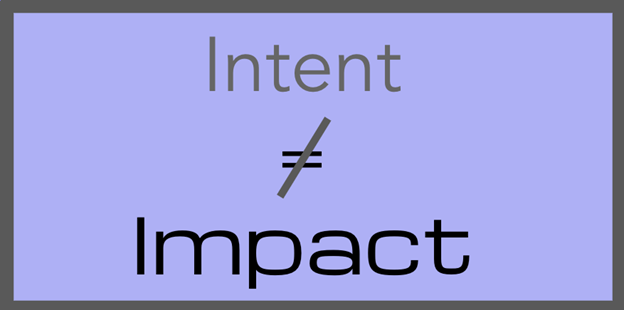
Recently, I led a training session about generational differences, during which the Baby Boomer generation described themselves as valuing open-mindedness. The Millennial group said something to the effect of, “We don’t always experience you that way.” This led the Boomers to say, “We never said we were perfect,” and then give a long-winded explanation about the progress their generation had made. The Millennials did not need this explanation, and neither group felt heard.
This simple exchange highlights the importance of separating intentions from impact. We all have a double standard in terms of how we judge. We judge ourselves based on our good intentions. The Boomer group does value open-mindedness and judges itself on its positive intentions. However, others judge us by our impact regardless of our intentions. Explaining good intentions does not mitigate negative impact. In fact, it keeps others from feeling heard and usually makes things worse.
In my conflict management work, I frequently hear people say, “I didn’t mean it that way.” They are clarifying their intentions. There is nothing wrong with that—unless they stop there. People really need to hear, “But I can see how you would have taken it that way, and I’m really sorry it landed on you that way.” Frequently, “I didn’t mean it that way” is code for “Get over it.” When this is true, it almost always makes things worse.
So, rather than explaining good intentions, it is generally much more effective and powerful to own our impact on others.
Every few months I produce a free newsletter. No Spam. Unsubscribe anytime.
For a taste, view the archives
SUBSCRIBE
Blogs and vlogs are sorted by topic at the bottom of each service page
STRATEGIC PLANNING
CHANGE MANAGEMENT
CONFLICT MANAGEMENT
TEAM BUILDING
ASSESSMENTS
EXECUTIVE COACHING
IMPROVING EFFICIENCY
BOARD DEVELOPMENT
